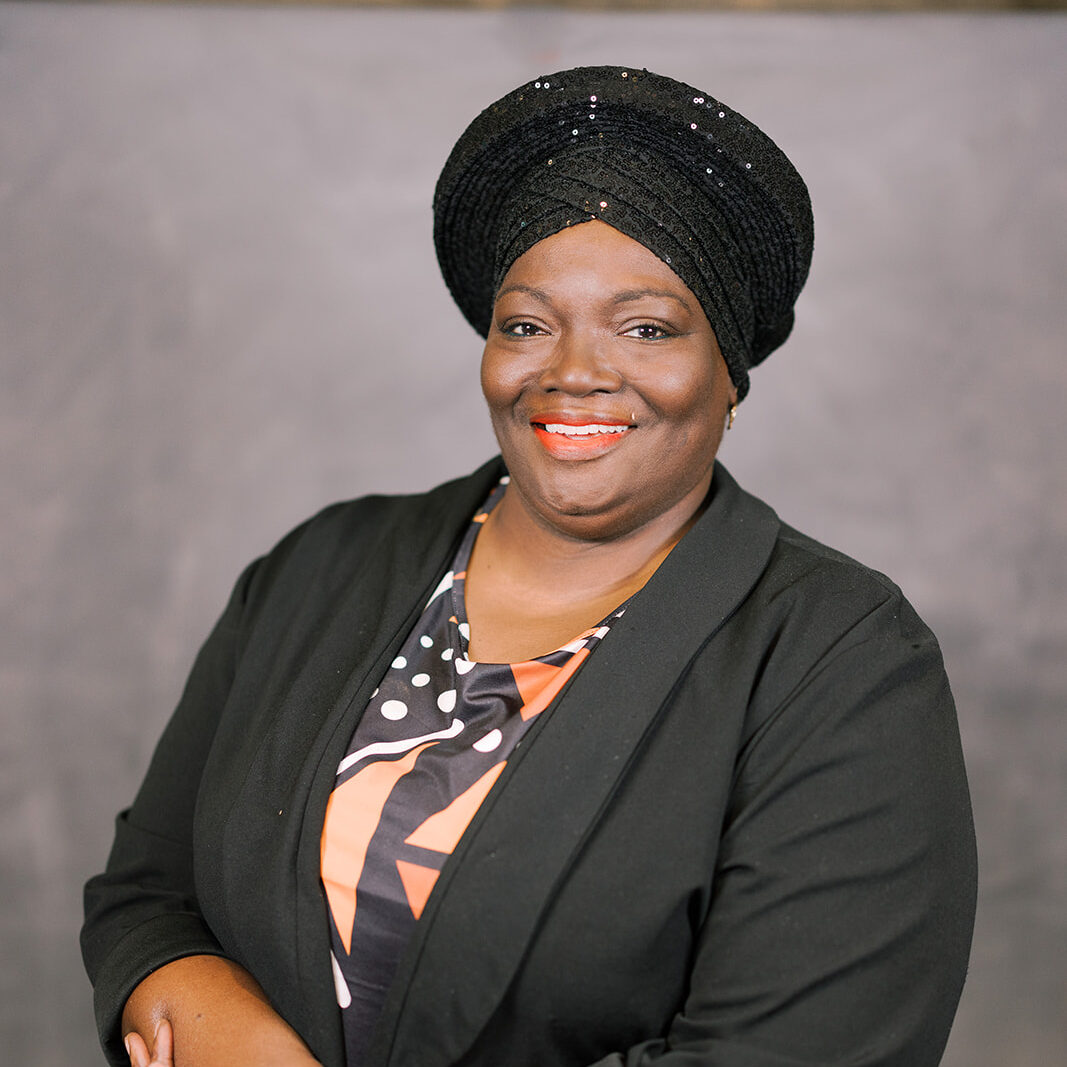Evelyn Graham-Nyaasi, a peer advocacy specialist at the mental health advocacy group Community Access, asked the City Council to reject Adams’ directive to expand the use of involuntary hospitalization.
Graham-Nyaasi described her run-in with police officers who responded to a 911 call at her residence: “Someone said I had a knife. I didn’t have a knife. I didn’t argue and fight with them because I didn’t want to be harmed or killed. So I followed their instructions. I ended up involuntarily hospitalized at Bellevue (Hospital). I was placed in a room that had people screaming and yelling, and we were locked up like animals. It was traumatizing. And it still affects me today. Because I didn’t know my rights, I wasn’t released until two weeks later.”
Because of this incident, Graham-Nyaasi said she’s learned the power that peers, people who have lived mental health experiences, can have if they were involved with emergencies rather than police.
“I firmly believe that all mental health crisis response teams must be led by peers,” Graham-Nyaasi said. “Peers can make an individual feel safe because they understand what they’re going through. Trust must be developed and that can only happen with peers who have lived experience.”

